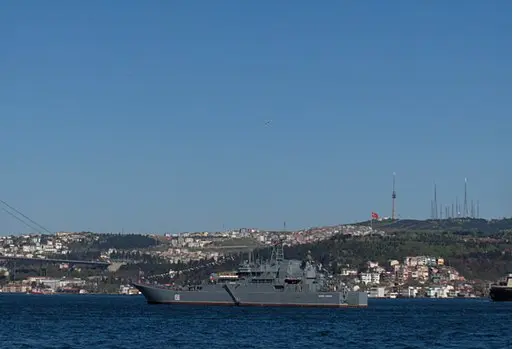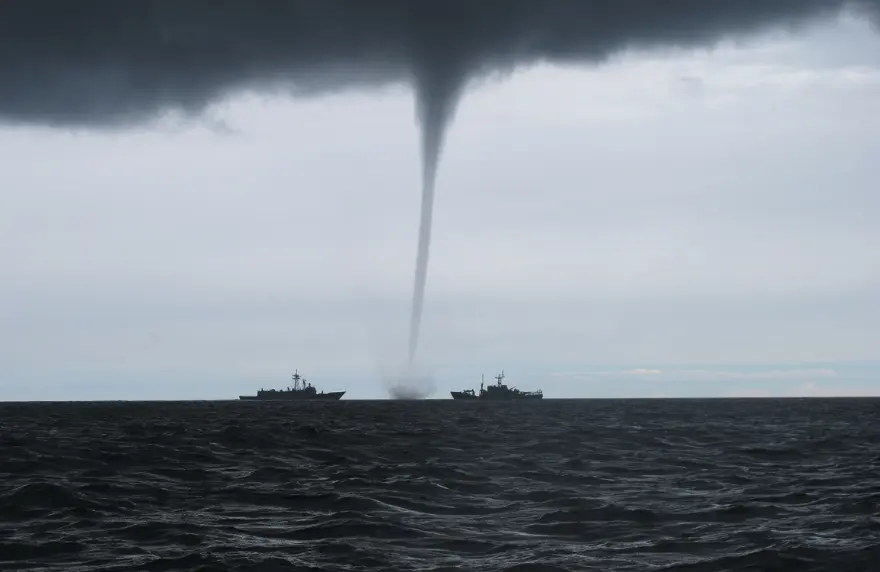In this paper, an analysis is made of the stability of the international order across Europe’s periphery. The purpose is to see to what extent various cornerstones of the international order are under threat: is the Westphalian system failing in the Middle East? Will disputes over water lead to conflict? Specifically, this paper looks at five different ‘regimes’, or sets of international rules: the state sovereignty regime, the human rights regime, the international justice regime, the environmental regime, and the sea transportation regime. The main conclusion is that for those domains in which states — including external power — have a direct stake, the rules-based systems are holding. Meanwhile, in those where they do not — human rights and international justice — the system has collapsed, for all intents and purposes.
Read the paper here.





